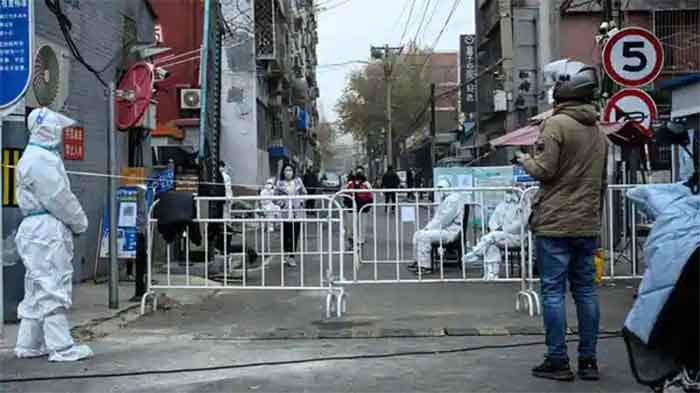
New Delhi, June 5: The Delhi Government’s Saheli Samanvay Kendras (SSKs) have emerged as emergency response centres for the community during the ongoing pandemic.
Distribution of additional relief, ration, health supplies and awareness-raising on the vaccine and other issues related to the Coronavirus is taking place through these centres that are located in densely populated, low-resourced areas with large resettled and migrant populations.
Housed in the Anganwadi Hubs under the Integrated Child Development Scheme (ICDS), across the National Capital, the SSKs have become focal points for convergence of services and resources to vulnerable women and children during the pandemic. The 500 such centres were announced by the Delhi Government in the Budget in March just ahead of the second wave of the virus as a response to the impact of the pandemic and lockdown on women’s livelihood and socio-economic condition.
According to Dr. Rashmi Singh, Director, Department of Women and Child Development, the Centres have resulted in focusing on the interconnectedness between public services and various other agencies and institutions and the best utilization of the existing government machinery.
Partnerships with civil society organisations such as Pratham and Centre for Advocacy and Research (CFAR), corporates and a range of stakeholders such as the Delhi State Legal Services Authority (DSLSA), DCW, DCPCR, Delhi Police, UN Women and others have made these centres models of response in addressing both immediate relief and redressal issues of women and children as well as medium and long term recovery and resilience. Linkages have been established by the SSKs with other focal points in the Department including the District Task Force, constituted at district levels for assisting children in need, District Level Centre for Women, and the DCPCR, among others.
The work has gained traction with several stakeholder dialogues being organized by the Department, bringing to the fore voices of frontline functionaries of the Saheli Samanvay Kendra, women and child shelter homes and Sakhi One Stop Centres together with civil society groups working on the ground, representatives of Delhi Police’s Special Police Unit for Women and Children (SPUW&C), DSLSA and others on their preparedness for meeting the COVID-19 challenge. Actions taken and mechanisms for strengthening convergence and coordination for safety, protection, health and socio economic needs of vulnerable and at-risk women and children is an integral part of the conversation here. Thematic Taskforce groups on issues related to social security & livelihoods, women’s rights & entitlements, health & nutrition and child rights have also been constituted during Department-led interactions with civil society stakeholders, which are guiding the functioning through these Kendras.
The SSK centres are building further on the deep roots of community outreach and mobilization by anganwadi functionaries in the 10,755 anganwadis in the state implementing the ICDS programme and the Poshan Abhiyan which is its extension. Over the past one year the field workers have been catalysed through a coordinated effort aimed at responding to the Corona related crisis in the community. Capacity building of the functionaries was escalated manifold, with a large number of training programmes, orientation sessions and dialogues with experts and resource persons, organizations and institutes being organized by the department. Digital literacy and capacity building of the frontline workers in utilising digital tools was also greatly enhanced. Digital programmes like ‘Anganwadi ki Pathshala’ have been launched for the workers. Digitalization efforts have resulted in every anganwadi centre being registered with a Poshan Tracker App for monitoring nutrition and health outcomes which provides a 360-degree view of service delivery.
This has resulted in a cascading effect, with field functionaries consistently and effectively mobilising women, children, key community leaders, CBOs and other agencies through a range of daily online and offline programmes and mediums, which has had an enormous catalytic impact. For instance, latest figures show that compared to the previous year there has been a 46 percent increase in uninterrupted doorstep supply of supplementary nutrition to ICDS beneficiaries in the state – up from 5.34 lakh in March 2020 to 7.82 lakh in April 2021.
As per the latest round of survey result from DCPCR too, 91 % of beneficiaries reported they were receiving nutritional supplements, a remarkable improvement from May 2020 when only 23 % of beneficiaries surveyed had reported they received the ration. Thousands of parents groups have been formed with the use of digital media that are focusing on care and growth of children and adolescent girls, and pre-school education classes are also being run virtually using stories and poems.
GET COUNTERCURRENTS DAILY NEWSLETTER STRAIGHT TO YOUR INBOX














































